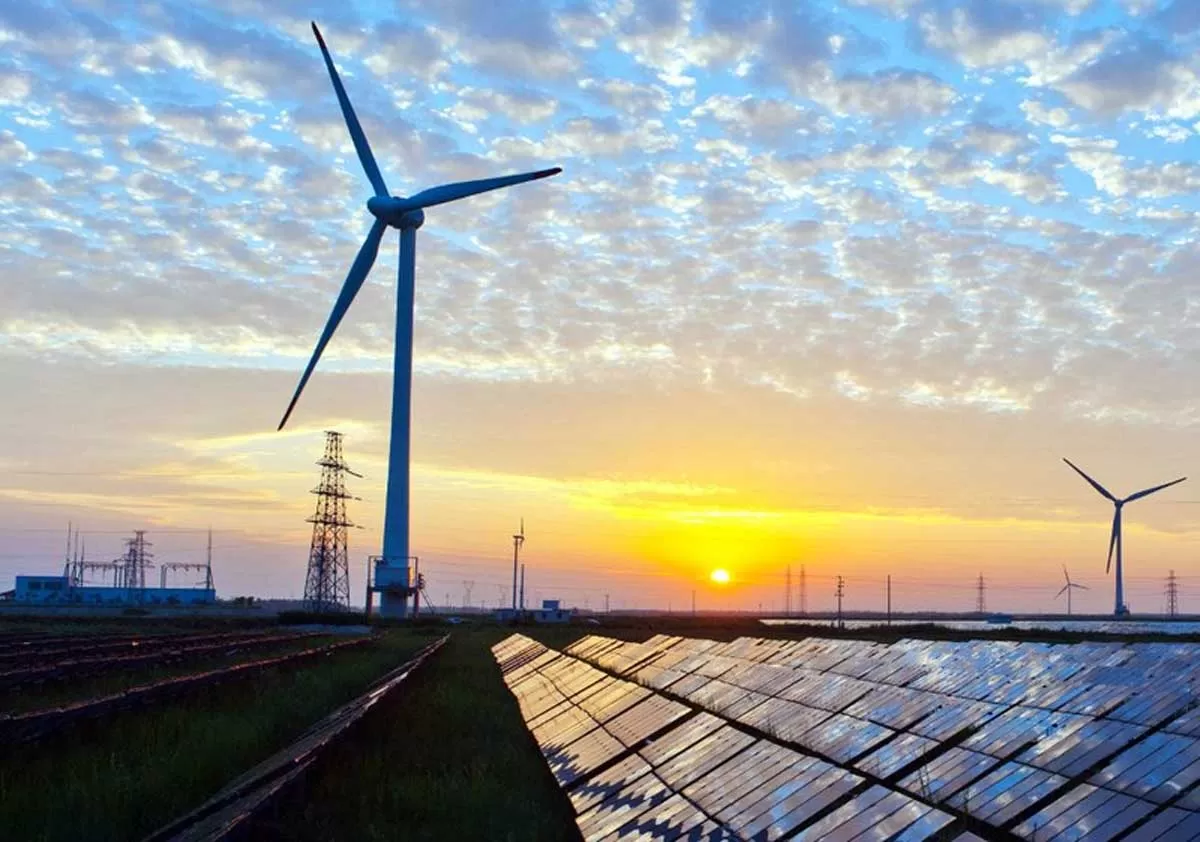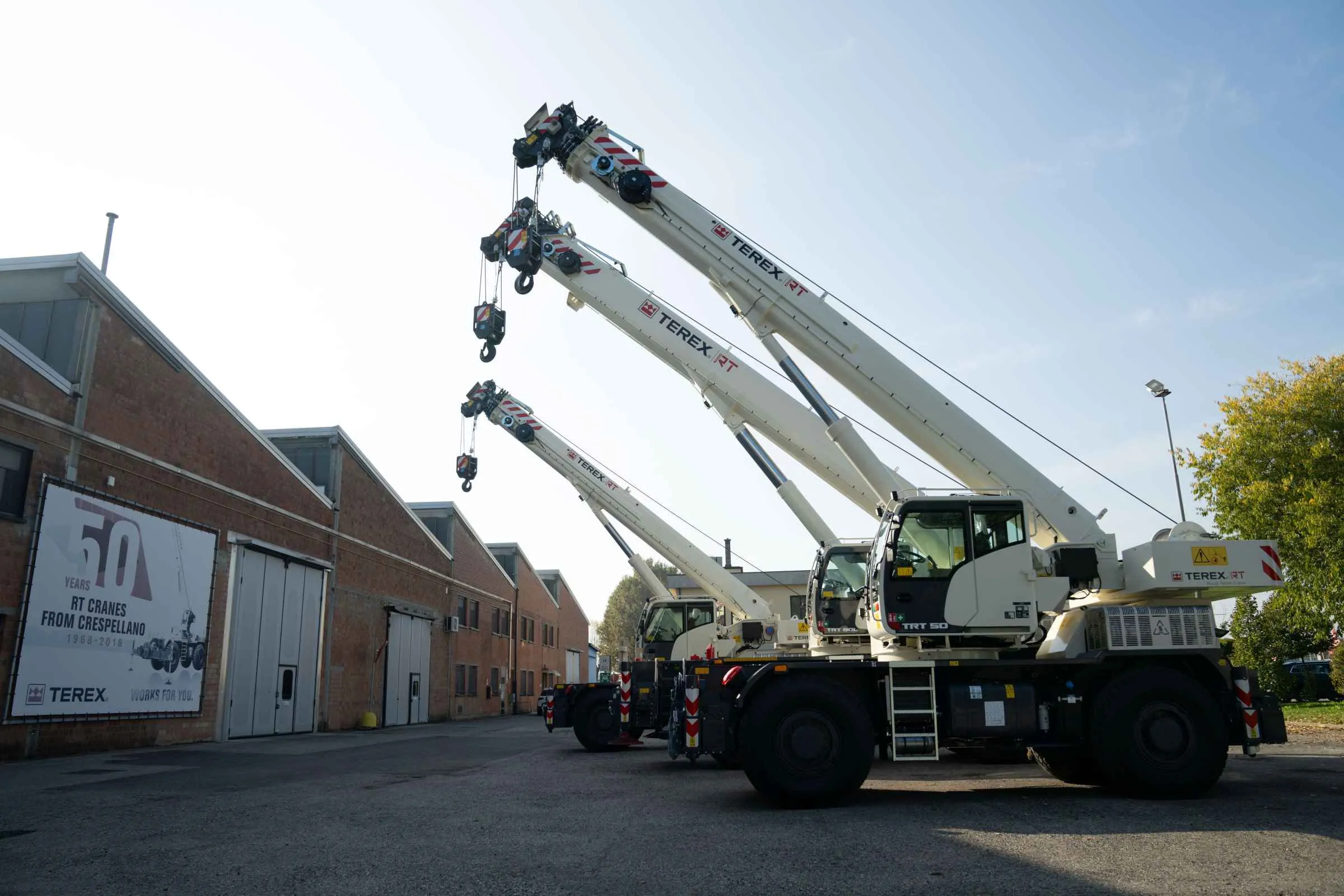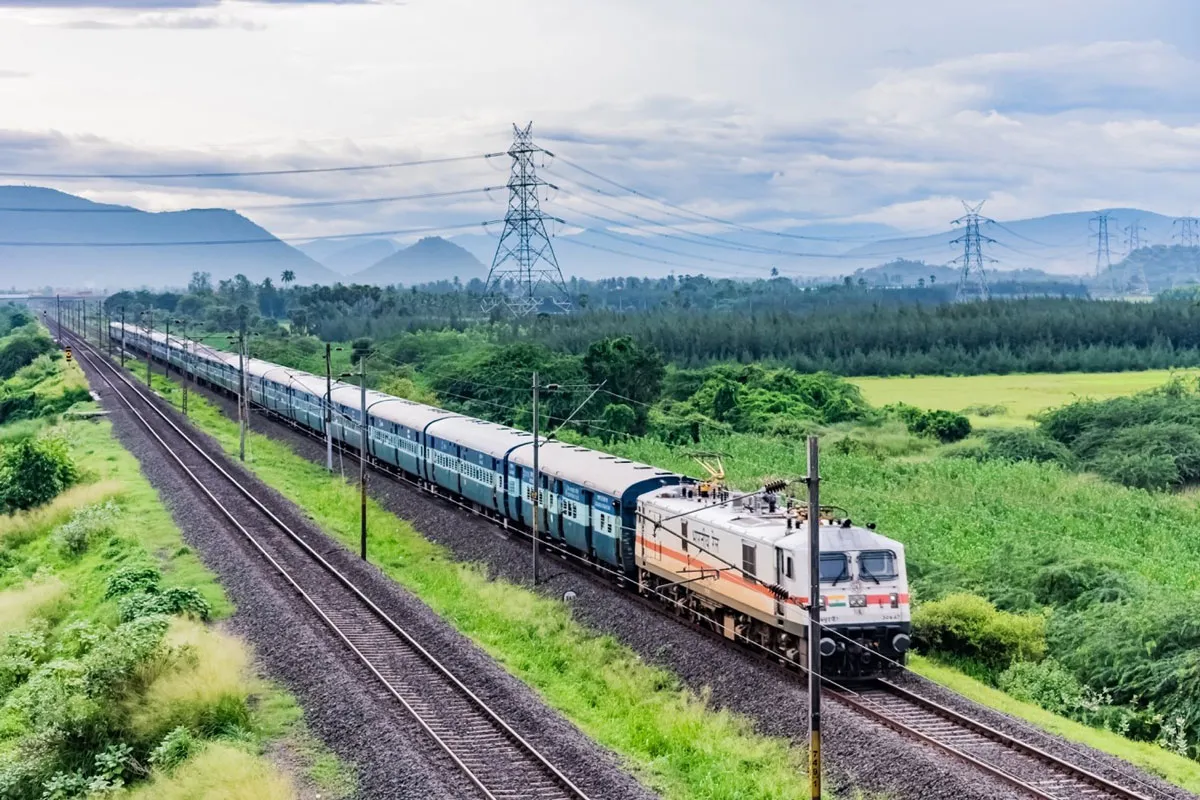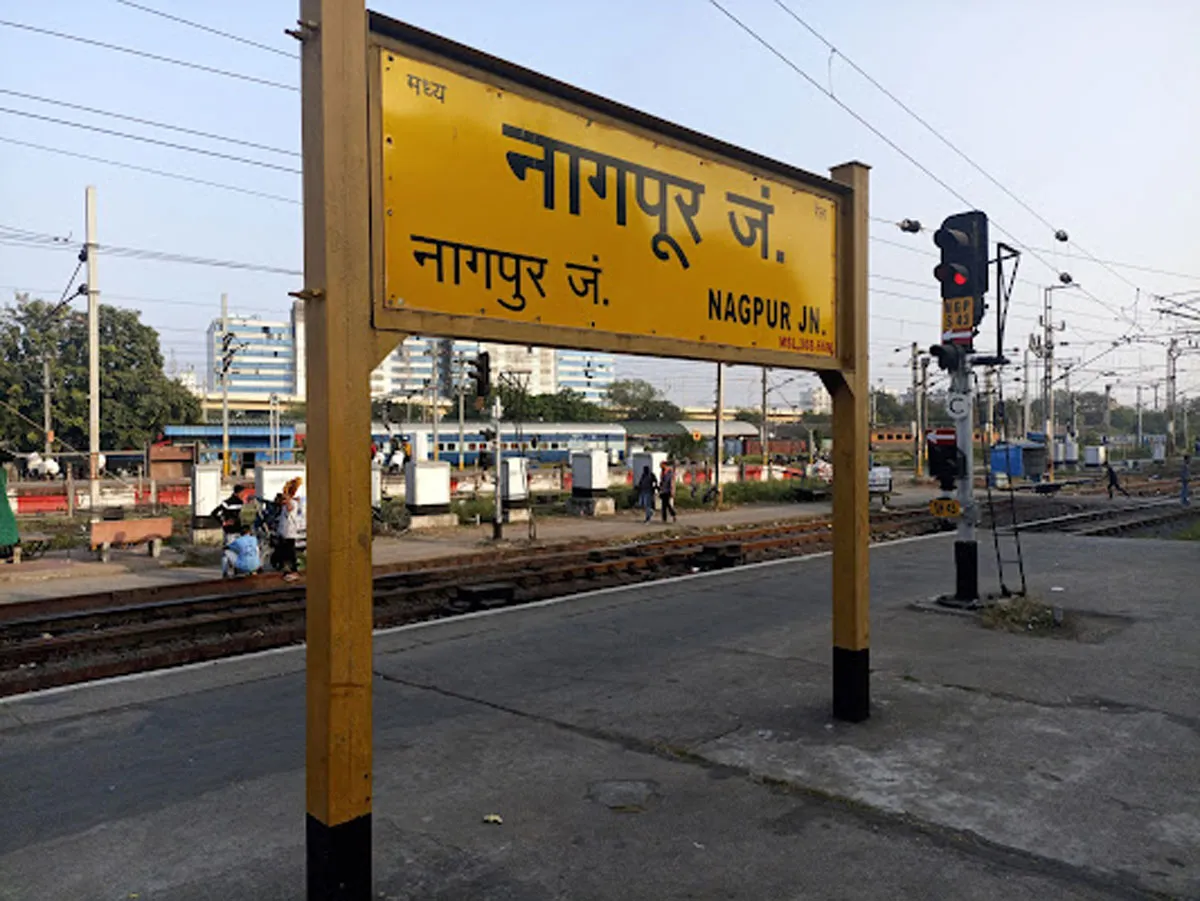
JSW Energy Closes Rs 124.68B Deal for 4.7 GW Green Power Assets

Raimondi to Unveil Terex TRT 55US at CONEXPO 2026
Raimondi Group is set to present the Terex TRT 55US rough terrain crane at CONEXPO-CON/AGG 2026, marking the first product launch under the newly established Raimondi North America operations. Engineered specifically for North American operational, regulatory and environmental requirements, the new model reflects the Group’s strategic expansion in the US market.Developed in Italy by the Terex Rough Terrain engineering team and shaped by customer insights from the American market, the 55-tonne crane builds on Terex’s proven rough terrain platform, now fully integrated into the Raimondi port..

Tamil Nadu Gets Rs 76,110 mn for Railways, Three Projects Revived
Union Minister for Railways Ashwini Vaishnaw announced that Tamil Nadu has been allocated Rs 76,110 mn in the Union Budget 2026–27, marking a 14.9 per cent increase over the Rs 66,260 mn allotted in 2025–26. The allocation is intended for ongoing new line projects, track doubling, station redevelopment and safety-related works, with project-wise details to be disclosed when the Pink Book is released. Officials indicated that the funds will be deployed across construction and modernisation priorities identified for the state. The minister urged the Tamil Nadu government to extend support f..

Nagpur Station Redevelopment Deadline Extended To March 2027
Nagpur Railway Station redevelopment has been rescheduled to March 2027 as officials opted for a cautious approach to minimise disruption at the busy terminus. The project had earlier been due for completion in December 2026 but work at a live station while preserving the heritage character of the building has slowed progress. The Divisional Railway Manager (DRM) said construction sequencing is being adjusted to maintain passenger services. The DRM provided an update on Ajni Railway Station, stating its redevelopment timeline has been revised to October 2026 instead of the earlier target of c..

















